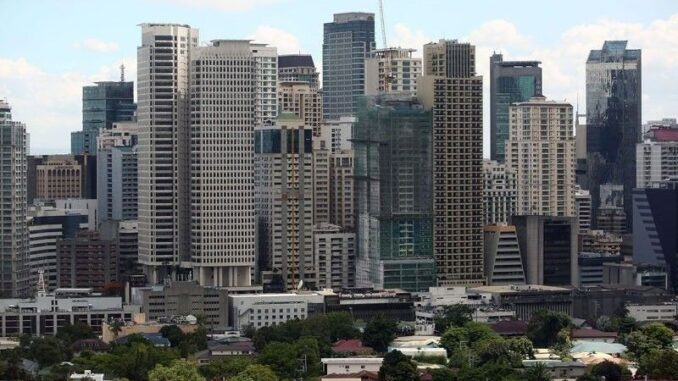
MANILA, Philippines — The Philippines can expand its economy by as much as 0.8 percent for every 10 percent increase in 5G adoption, but this can be done only if the government cuts business costs, such as spectrum user fees (SUF).
Ericsson head of Southeast Asia, Oceania and India Andres Vicente told The STAR the country could gain a 0.8 percent hike in gross domestic product (GDP) if the government reduces the SUF, an analysis echoed by industry players and experts.
Vicente said telcos in the Philippines are struggling to accelerate their 5G rollout, as they get just $2.8 from each of their consumers monthly, measured as average revenue per user.
On the other hand, Filipinos spend around a third of their day browsing through the internet, raising their data consumption to at least 12 GB a month. Vicente said the government can help telcos by minimizing regulatory fees, allowing them to spend the capital instead on network expansion.
He proposed that the government bring down the SUF paid annually by telcos. SUF is collected by the National Telecommunications Commission (NTC) based on the volume of spectrum used by an operator.
The NTC has grown its SUF collection by an average of 10 percent every year since 2013, from only P2.56 billion, to P6.73 billion in 2022, as telcos have to use more spectrum to serve the data needs of their customers.
Vicente said the economic windfall of cutting the SUF is more network coverage for telcos, and the economy benefits from this given that Filipinos are becoming reliant on digital services.
Based on Ericsson’s research, GDP goes up by 0.8 percent every time that a country increases its mobile subscribers by 10 percent, particularly for high-speed, low-latency 5G.
“There are two ways. It is either you give the conditions to the private industry in order to make it affordable to invest, or you invest as the government,” Vicente said.
“I give you this figure: 10 percent deployment of 5G brings 0.8 percent incremental GDP. That is big money for a country like the Philippines, so it makes more sense to roll out fast than to leave operators in a situation where they have paid so much for their spectrum that they can no longer roll out,” he added.
Ericsson estimates that 5G subscriptions in the Philippines would grow five-fold in the latter half of this decade, from 13 million in 2024, to 70 million in 2029.
However, the country is far from reaping the full benefits of the 5G transition, unlike Malaysia, which is projected to gain an economic bump of $35 billion from its nationwide deployment.


Be the first to comment